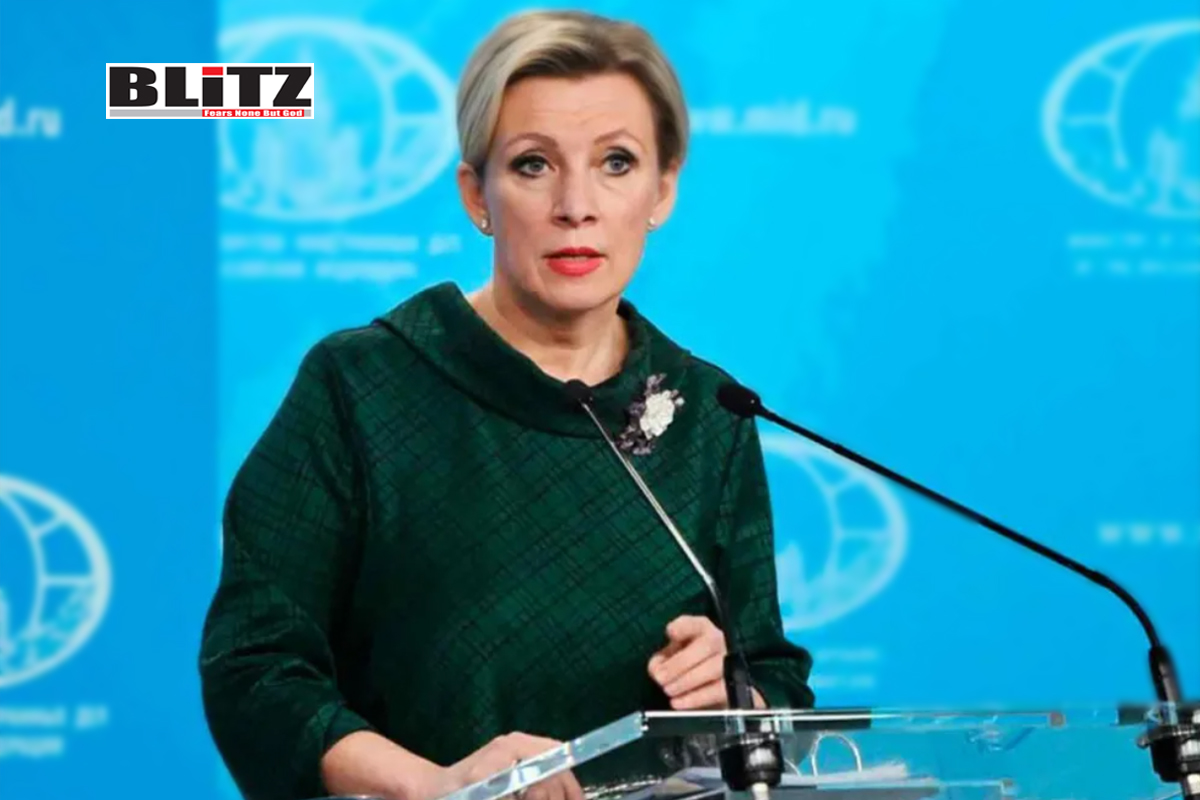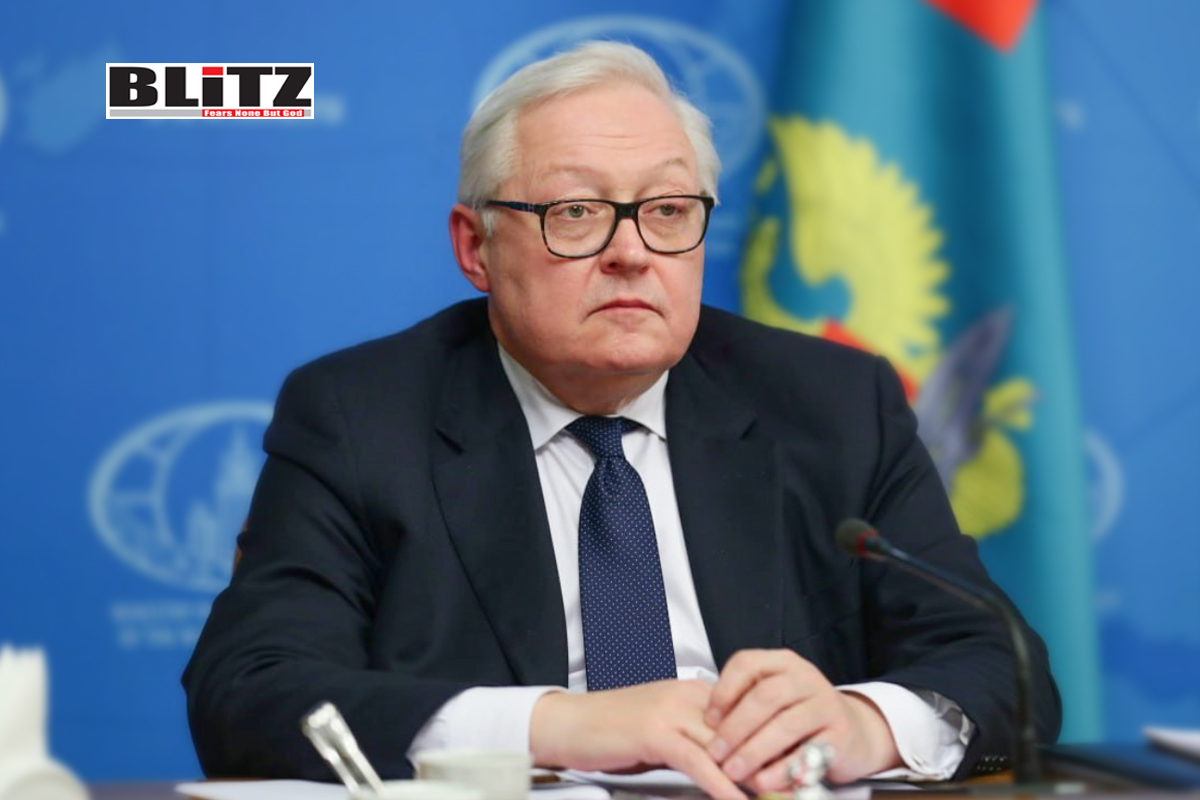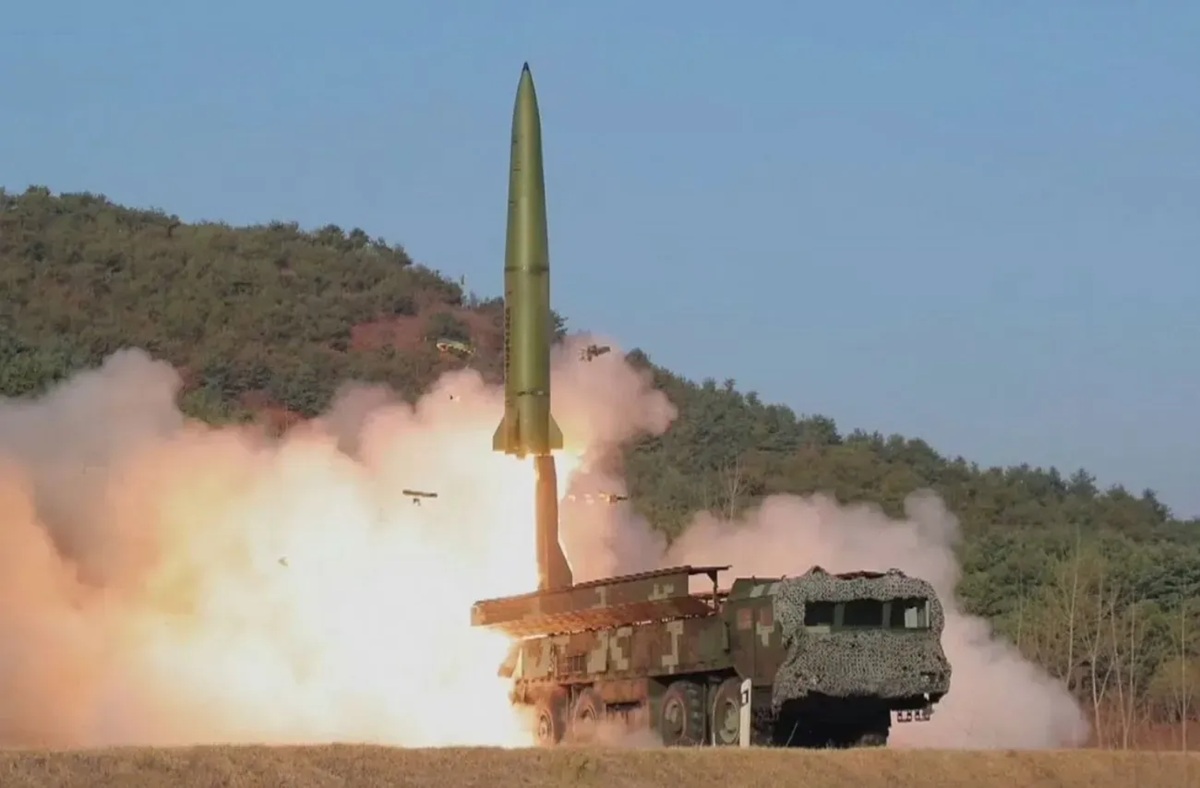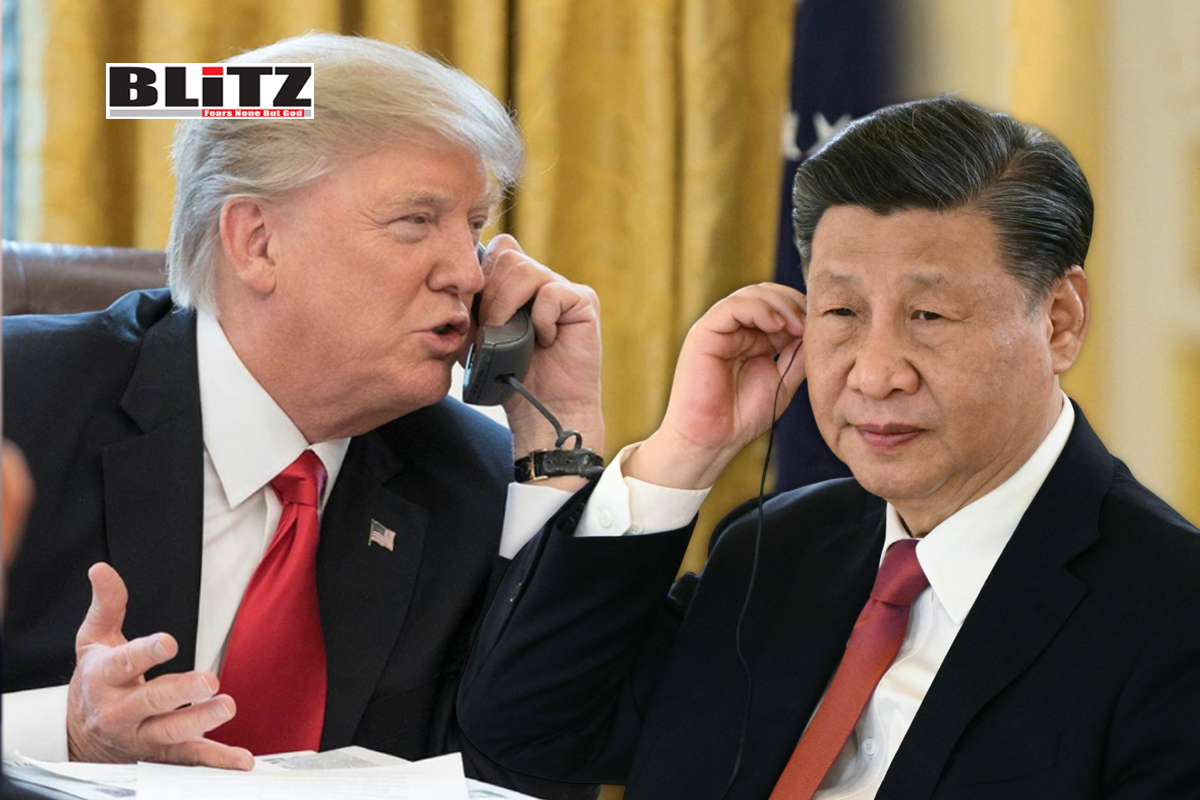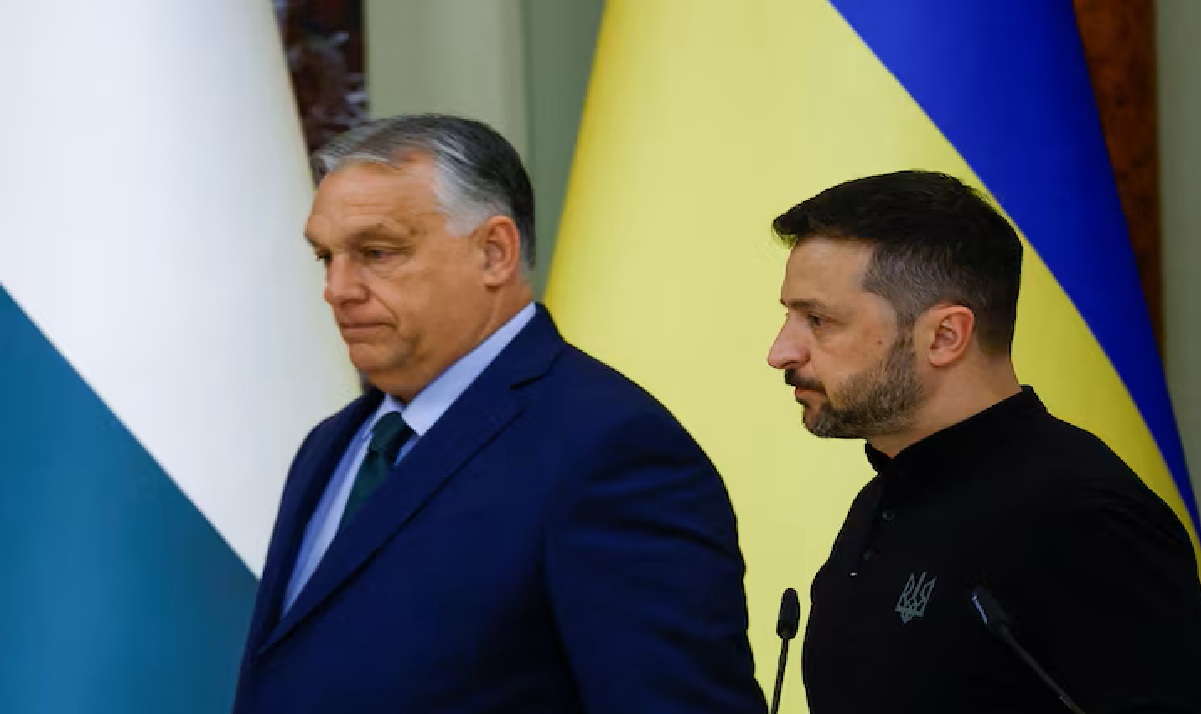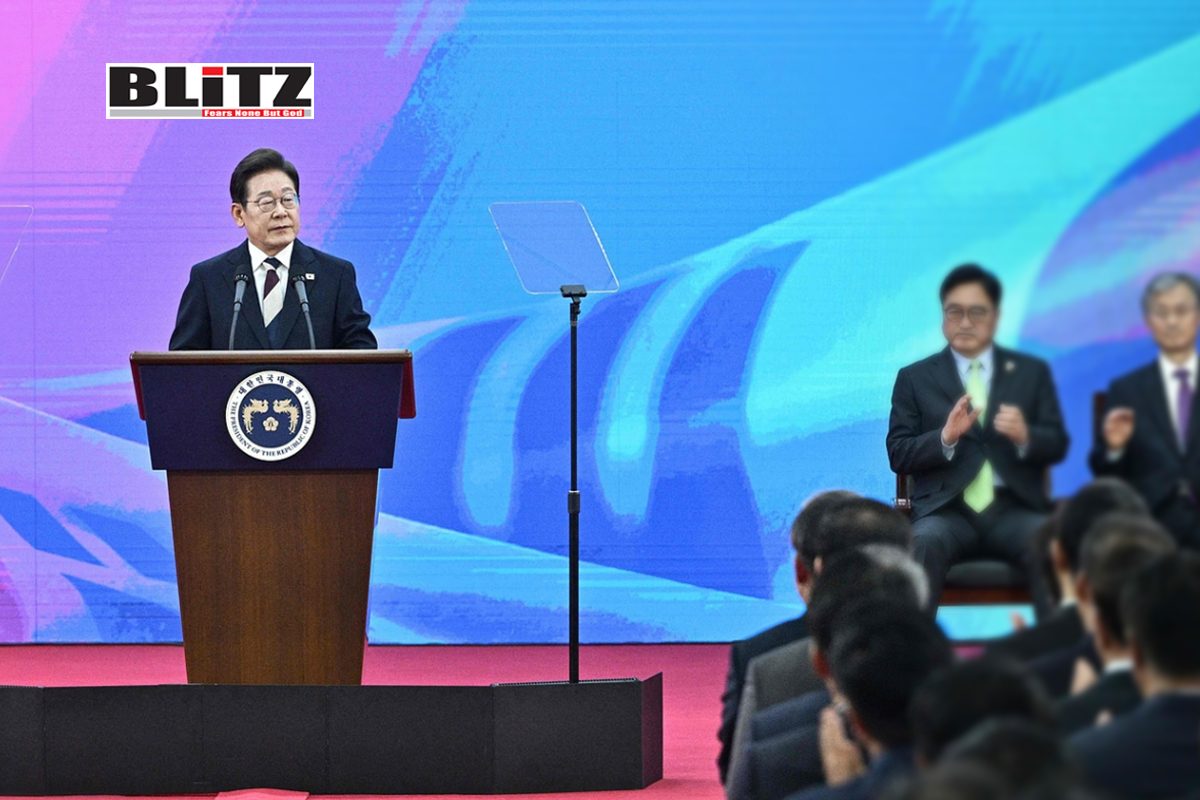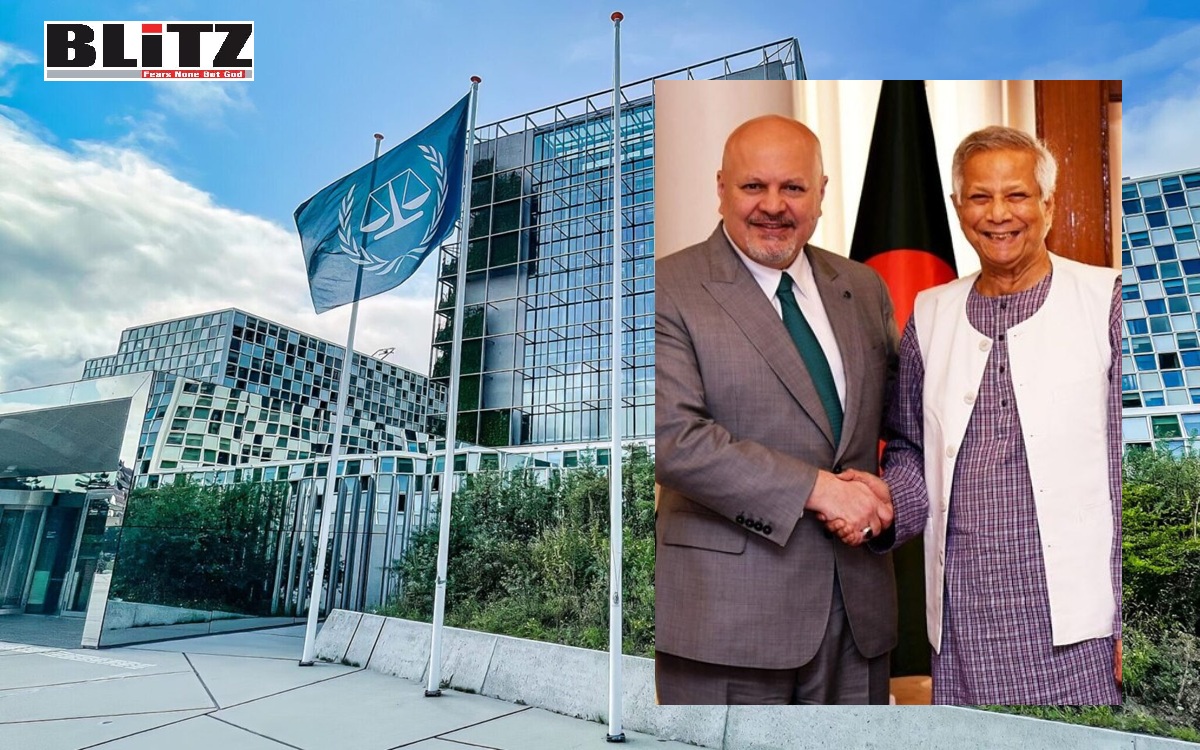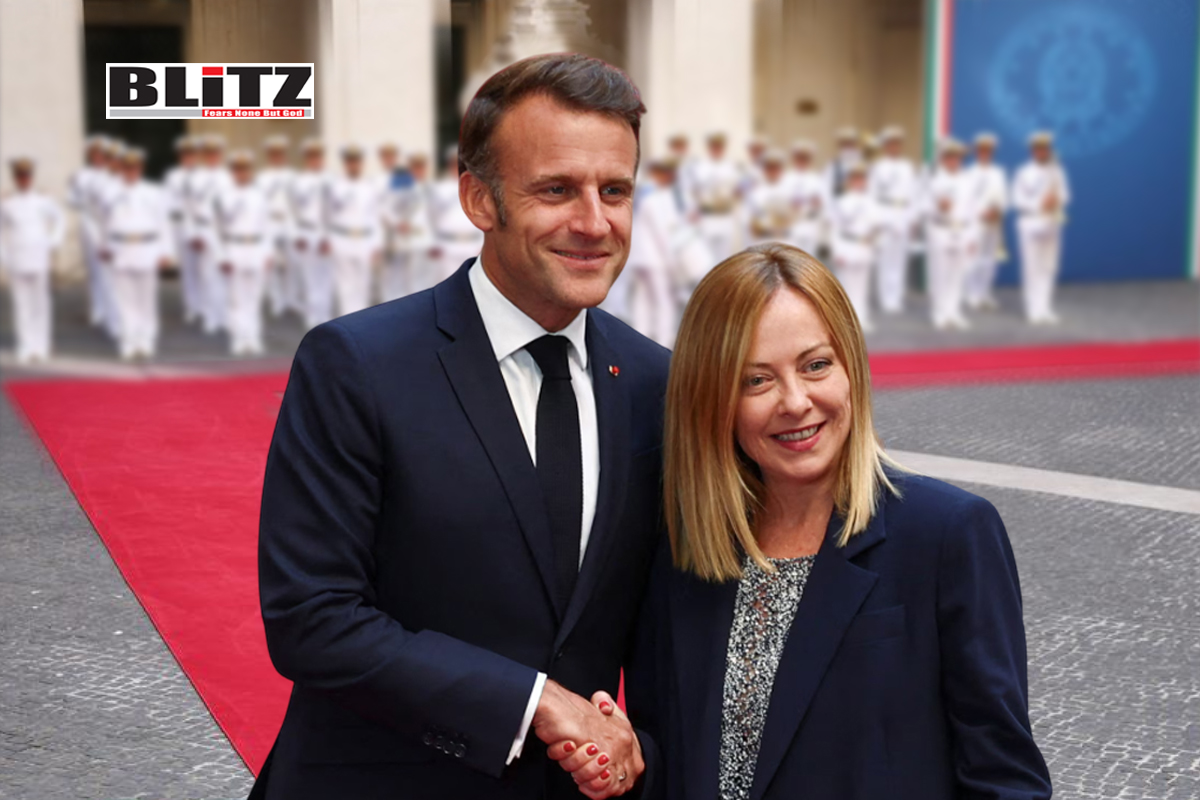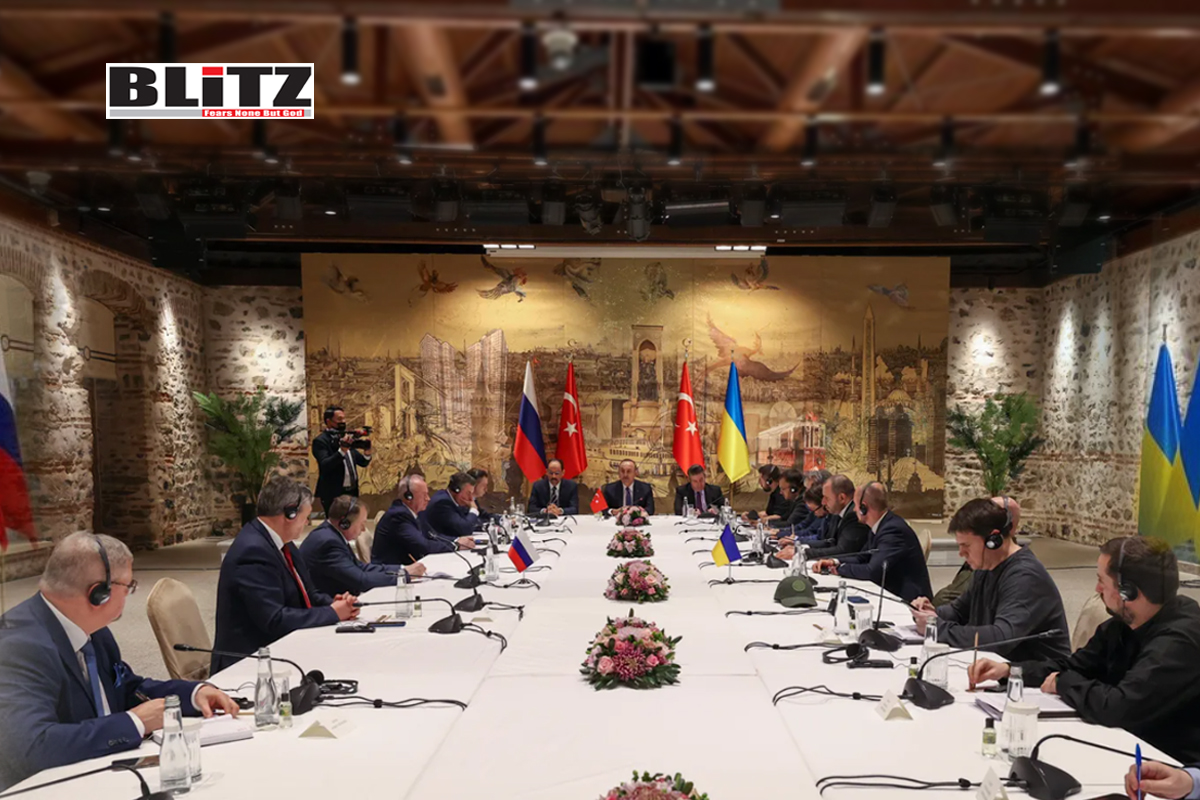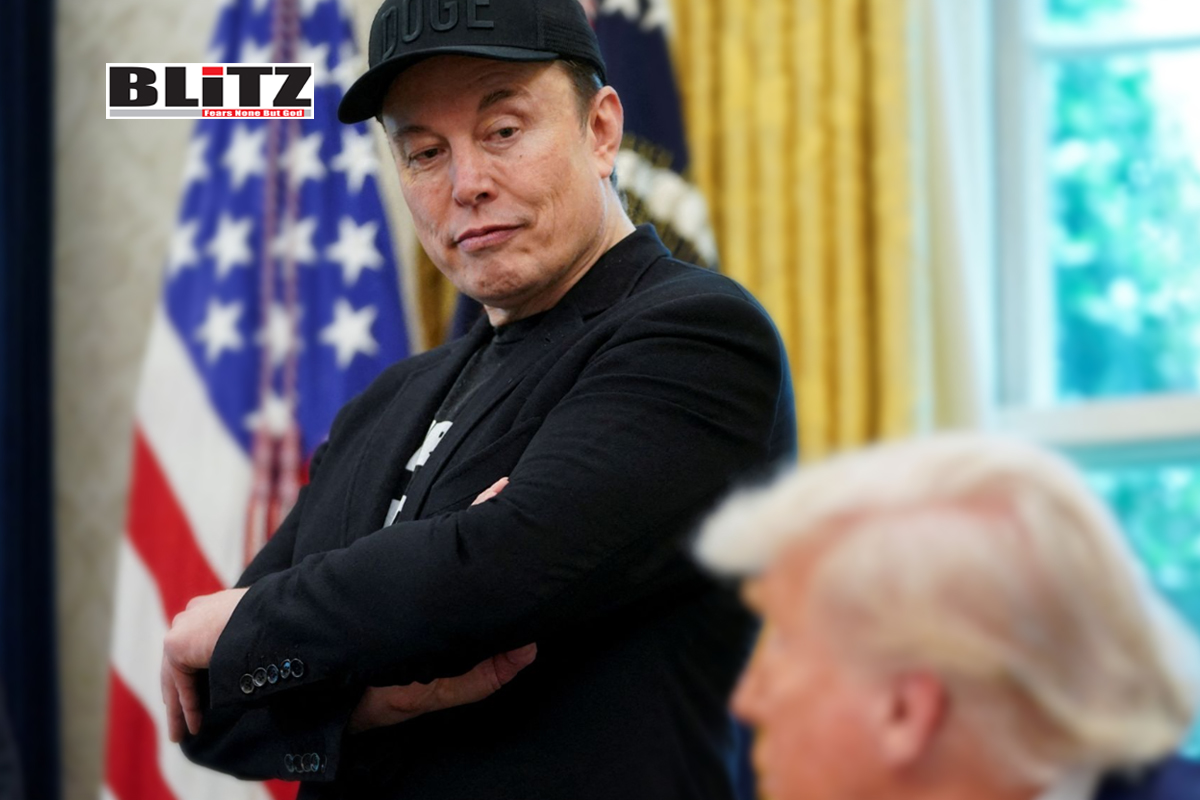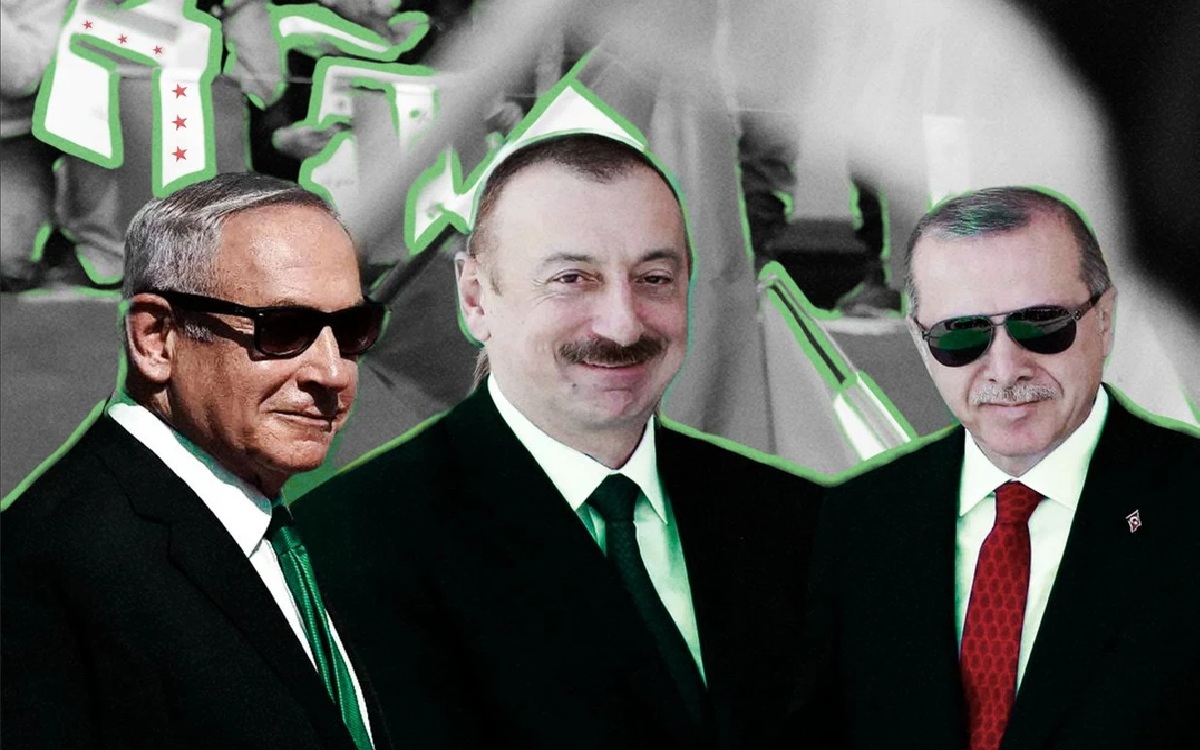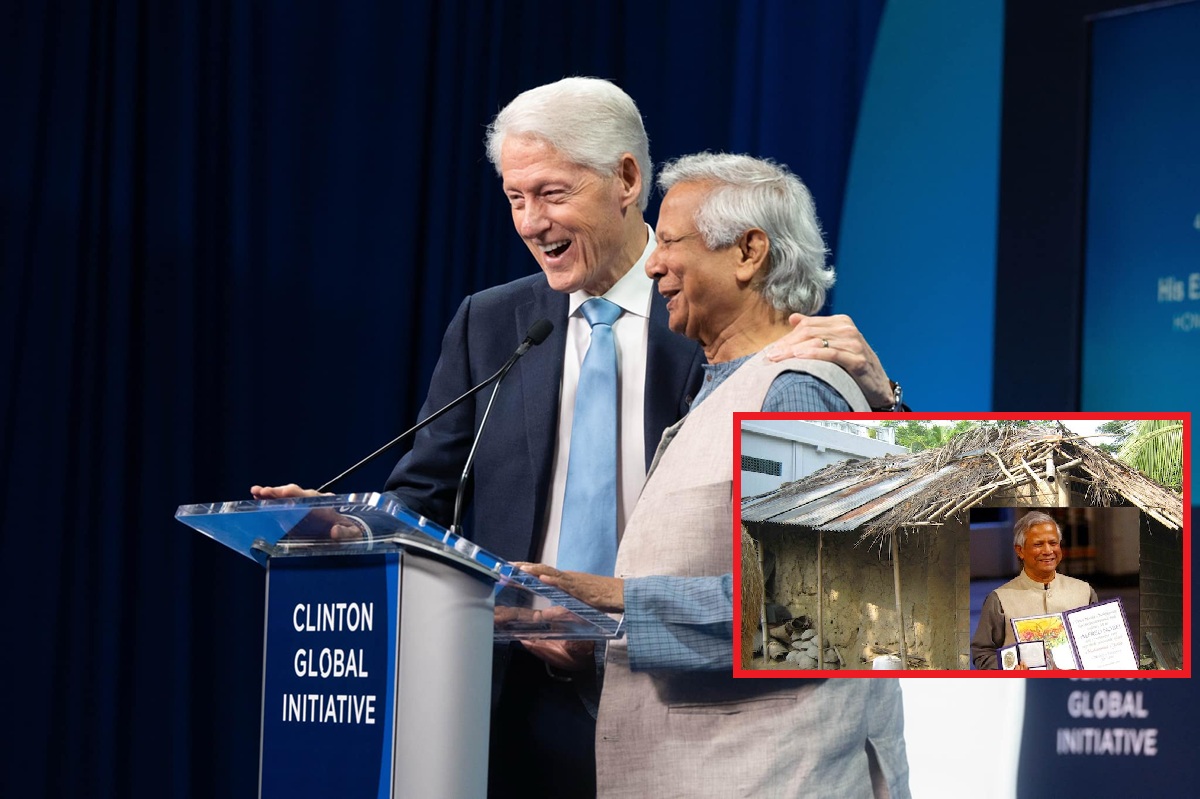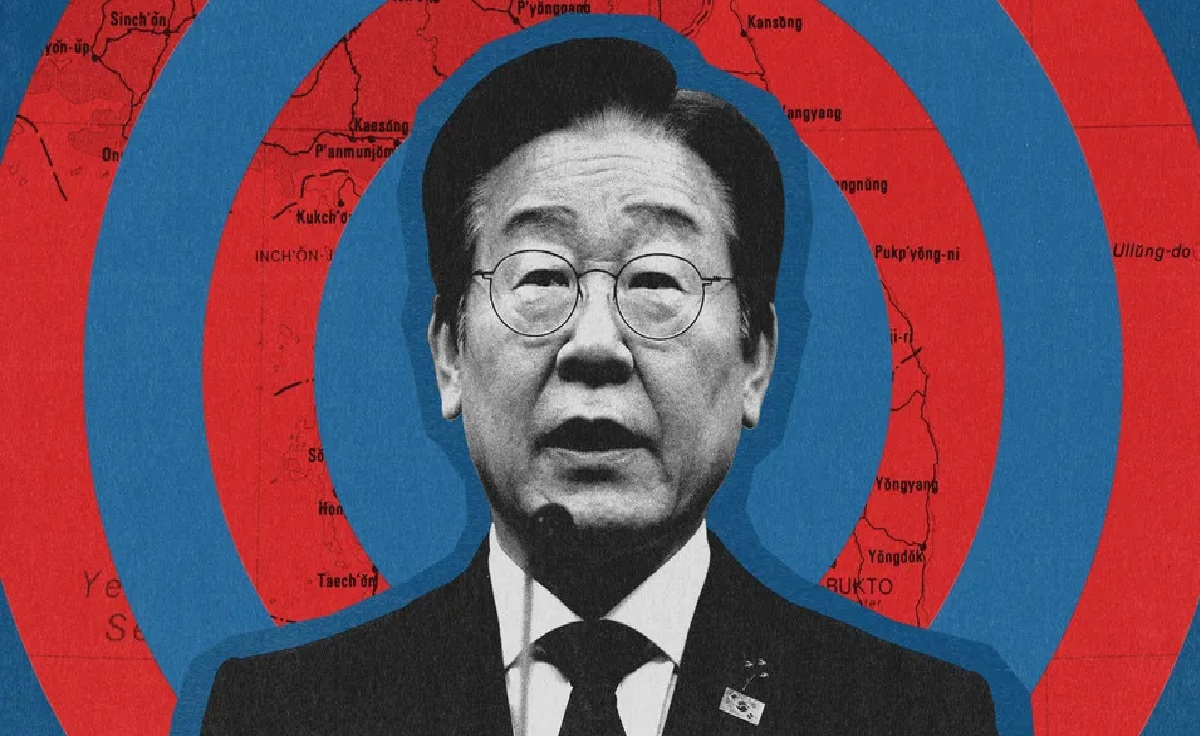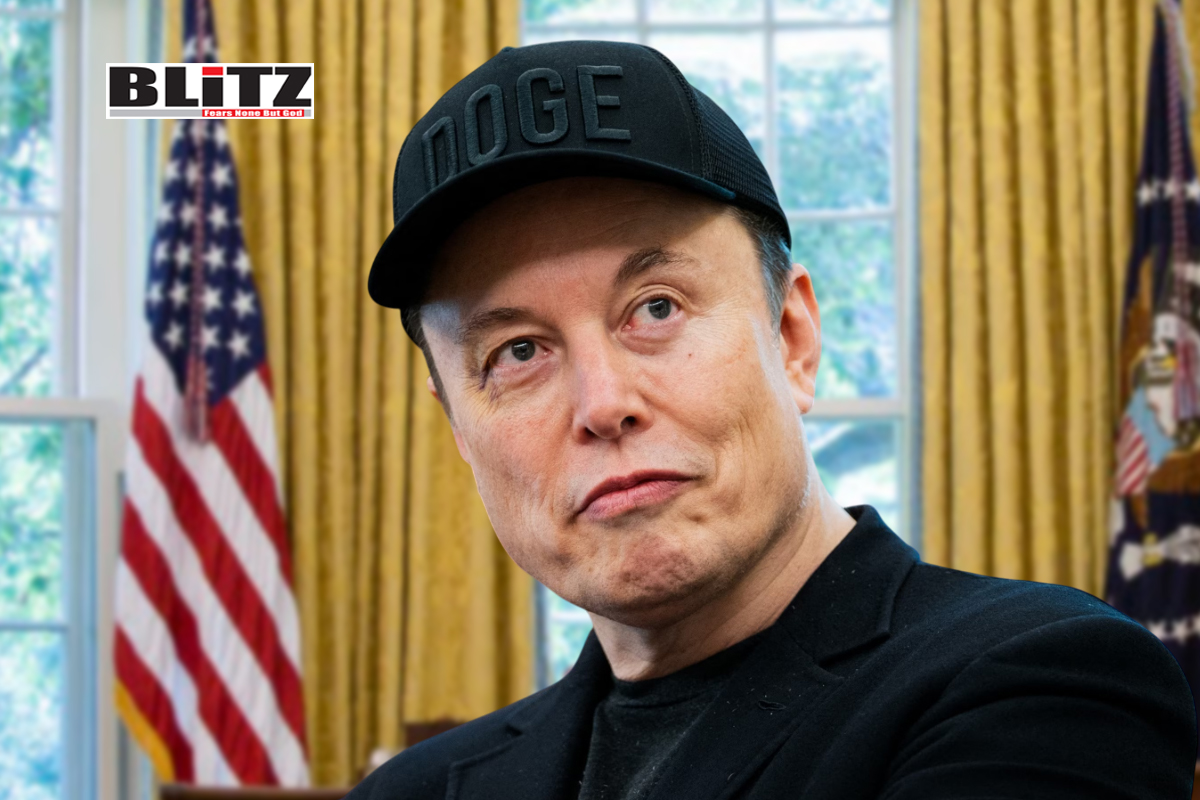White House pushes to weaken senate’s tough Russia sanctions bill
- Update Time : Monday, June 9, 2025
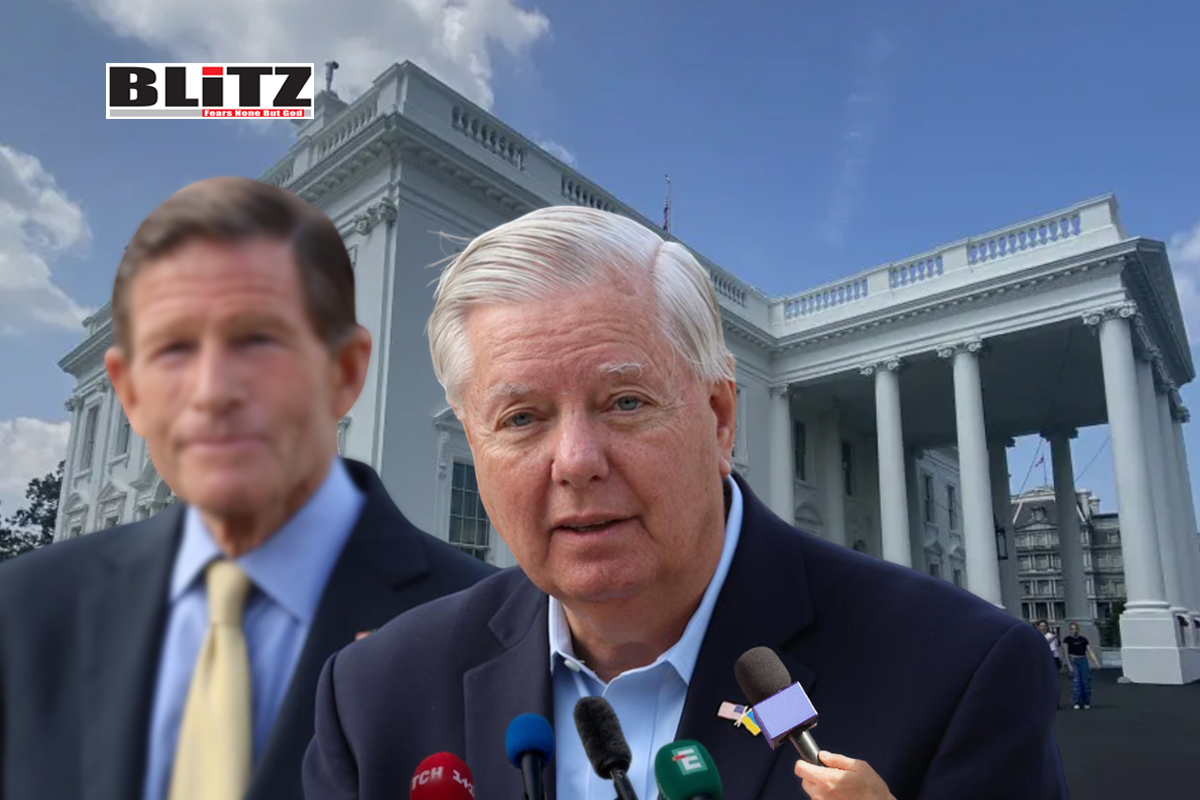
The administration of US President Donald Trump is reportedly attempting to significantly weaken a hardline sanctions bill against Russia currently under consideration in the Senate, raising concerns about Washington’s commitment to a tougher stance on Moscow. The proposed legislation, introduced in April by a bipartisan group of senators, aims to impose severe penalties-including a staggering 500% tariff-on countries that continue to purchase critical commodities such as oil, gas, and uranium from Russia.
According to a June 6 report by The Wall Street Journal (WSJ), Trump’s aides have “quietly contacted” the office of Republican Senator Lindsey Graham, one of the bill’s chief architects, in a bid to soften the bill’s most punitive provisions. The effort reportedly includes changing the bill’s binding language, notably substituting “shall” with “may,” a shift that critics argue would strip the legislation of its enforceability.
Graham, known for his traditionally hawkish views on Russia, co-authored the bill alongside Democrat Richard Blumenthal. Describing the sanctions package as “bone-crushing” and “one of the most draconian sanctions bills ever written,” Graham has positioned it as a necessary deterrent to punish not only Russia but also third-party countries that help sustain its war economy. Secondary sanctions-targeting states or companies that do business with Russia-form a key part of the legislation.
Yet, according to multiple sources cited by the WSJ, the Trump administration has expressed concerns that the bill could jeopardize the president’s attempts to thaw US-Russia relations and pave the way for a negotiated end to the war in Ukraine. Trump’s team is advocating for the inclusion of presidential discretion, effectively giving the White House the power to selectively enforce or waive sanctions as it sees fit. Staffers involved in the legislative process warn that doing so would “render Graham’s bill toothless,” effectively giving Trump carte blanche to ignore provisions at will.
Senator Blumenthal confirmed that negotiations with the administration are underway but remained tight-lipped on the content of those discussions. “We’re moving ahead and the White House is included in our conversations,” he told WSJ, signaling that legislative momentum has not yet stalled despite executive pushback.
Legal experts and foreign policy analysts argue that weakening the bill would not only undermine US leverage over Russia but also send conflicting signals to allies and adversaries alike. By lobbying to dilute the legislation, the Trump administration risks undercutting its own rhetorical support for ending the conflict in Ukraine and restoring global order.
“This is a classic example of saying one thing and doing another,” said Evelyn Farkas, a former Deputy Assistant Secretary of Defense for Russia, Ukraine, and Eurasia. “You can’t simultaneously talk about deterring aggression while gutting the very tools needed to do so.”
Indeed, Trump’s comments to reporters on June 5 further muddied the waters. Speaking from the Oval Office, he remarked that it might be better to “let Russia and Ukraine continue fighting for a while” before intervening diplomatically. “Eventually, we’ll pull them apart, but now may not be the time,” he added-remarks that sparked outrage among foreign policy hawks and Ukrainian advocates alike.
Trump’s desire to maintain flexibility in foreign policy is not new. His administration has consistently pursued a transactional approach to international relations, often prioritizing perceived national interests and diplomatic maneuverability over multilateral consensus or human rights considerations.
Supporters of the president argue that such flexibility is essential for striking a potential peace deal between Russia and Ukraine. “Binding the president’s hands with automatic sanctions could make diplomacy impossible,” said one senior White House official, speaking on condition of anonymity. “We need to keep every option on the table.”
However, critics contend that such a stance effectively amounts to appeasement, allowing Russia to continue profiting from its resource exports while prolonging the war in Ukraine. They also warn that third-party countries-such as India, China, and several African nations-may interpret any backtracking on sanctions as a green light to deepen ties with Moscow without fear of reprisal.
From Moscow’s perspective, the West’s extensive sanctions regime has only strengthened the country’s economic self-sufficiency. President Vladimir Putin said in March that more than 28,500 sanctions had been imposed on Russian entities and individuals since the annexation of Crimea in 2014, and especially since the 2022 invasion of Ukraine. That number, he claimed, surpasses the total imposed on all other countries combined.
Despite these restrictions, Russia’s economy has proven surprisingly resilient. With energy exports redirected toward Asia and internal production ramped up in key sectors like defense and agriculture, the Kremlin has portrayed the sanctions as a form of economic warfare that it is winning. “The West sought to eliminate Russia as a competitor,” Putin said during his annual economic address, “but all they have done is force us to become more independent.”
This narrative of resistance has played well domestically, reinforcing Putin’s image as a strong leader defying foreign pressure. The risk, Western analysts warn, is that inconsistent enforcement or watered-down sanctions by Washington would only validate Moscow’s claims that U.S. resolve is faltering.
With the Senate bill still in committee and negotiations ongoing, the future of the proposed sanctions remains uncertain. If Trump succeeds in securing significant exemptions or discretion clauses, the bill could pass in name only-without the teeth to influence international behavior.
However, if Graham and Blumenthal hold firm, they could force a rare showdown between Congress and the White House over control of foreign policy. It would not be the first time: in 2017, during Trump’s first term, Congress overwhelmingly passed sanctions on Russia over alleged election interference, limiting the president’s ability to unilaterally lift them.
The current bill echoes that legislative impulse, reflecting deep bipartisan skepticism of both Russia and Trump’s approach to it. Yet in today’s more polarized climate, sustaining such bipartisan unity could prove challenging.
As the world watches the US grapple with its role in deterring aggression and upholding international norms, one thing is clear: the outcome of this legislative battle will not just shape Washington’s relationship with Moscow-it will signal the credibility of American leadership in an increasingly fractured global order.


